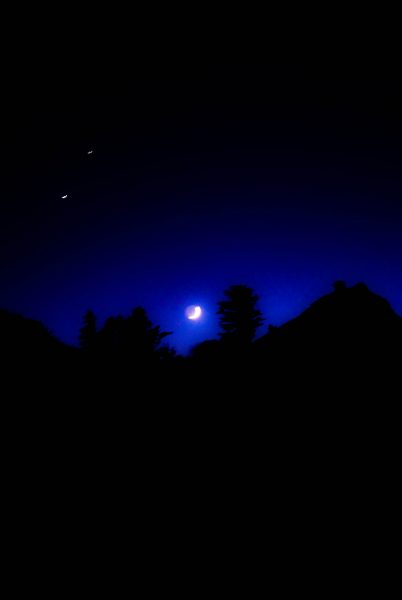
Remember that neither Mercury nor Venus have any moons. Neptune – Named after sea-related Greek deities or mythological characters Uranus – Named after William Shakespeare’s or Alexander Pope’s characters When those ran out giants and large creatures from other mythologies were used, for example, Jötunns from Norse mythology. Saturn – Named after the Titans or their descendants. Jupiter – Named after descendants or lovers of Zeus (the Greek equivalent to Jupiter) Mars – Named after the sons of the Greek god of war, Ares (the equivalent to the Roman god, Mars) But there are a few exceptions with Uranus being the most unique. Generally, they are characters from Greek mythology that are related in some way to the equivalent of the Roman god their planet is named after. Moons are named depending on their parent planet. The organization in charge of naming them is the International Astronomical Union formed by astronomers from many different countries. Unlike stars or galaxies that only receive scientific designations these days because it would be hard to name the millions of them that are out there, Moons are scarce enough that astronomers still give them names. New moons were discovered orbiting Saturn as recently as 2021. And surprisingly, they are still being discovered.

Moons within the Solar system are one of the few types of objects that still receive proper names when new ones are discovered. In this article, we’ll take a look at the names of moons in the Solar system and where they get them from.

This is why many people look to the stars for inspiration when they are looking for names for their children, pets, or even to name characters in fiction. Moons, galaxies, and stars are famous for having cool and interesting names inspired by mythology, fauna, literature, or other sources.


 0 kommentar(er)
0 kommentar(er)
